Keywords: Aboriginal Recognition
There are more than 24 results, only the first 24 are displayed here.
Become a subscriber for more search results.
-
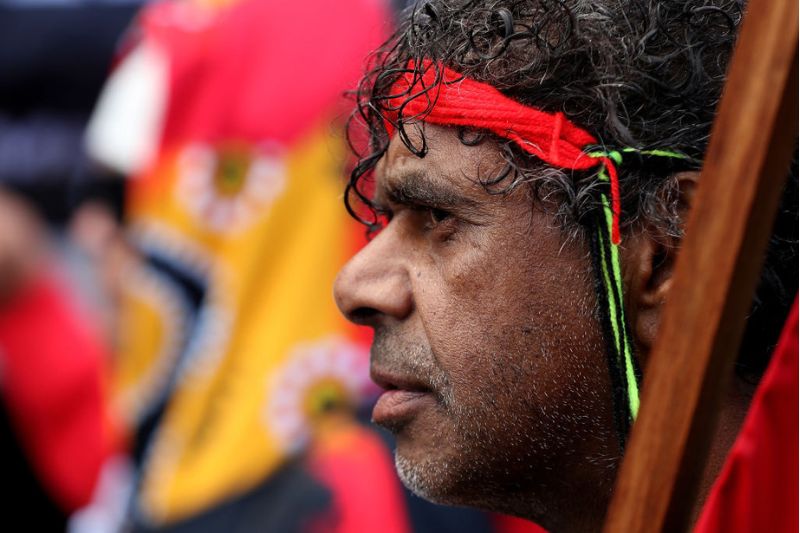
AUSTRALIA
- Celeste Liddle
- 04 January 2024
Later this year, Australians will vote on a referendum to enshrine an Indigenous Voice to Parliament, but many Indigenous Australians remain undecided, reflecting the complexities of the issue. The debate over the Voice to Parliament extends beyond the referendum question to encompass broader concerns about the constitution, treaties, and achieving true equality.
READ MORE
-
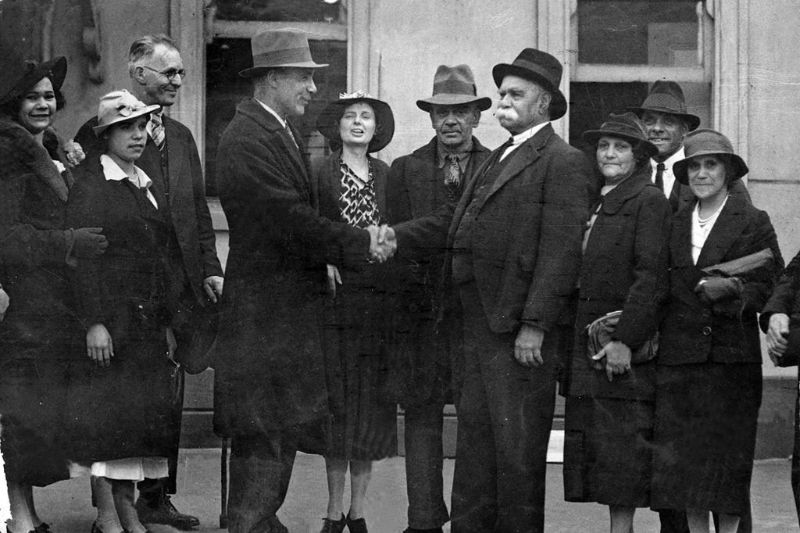
AUSTRALIA
- David Halliday
- 13 October 2023
This vote will be remembered as an opportunity for Australians to grapple with the injustices of history, and imagine a more just way forward. My hope is that each person voting will have done just that – and whether they vote ‘yes’ or ‘no’, that they are making their vote bearing in mind what they think will best reconcile our nation’s past and look forward to a more just future.
READ MORE
-
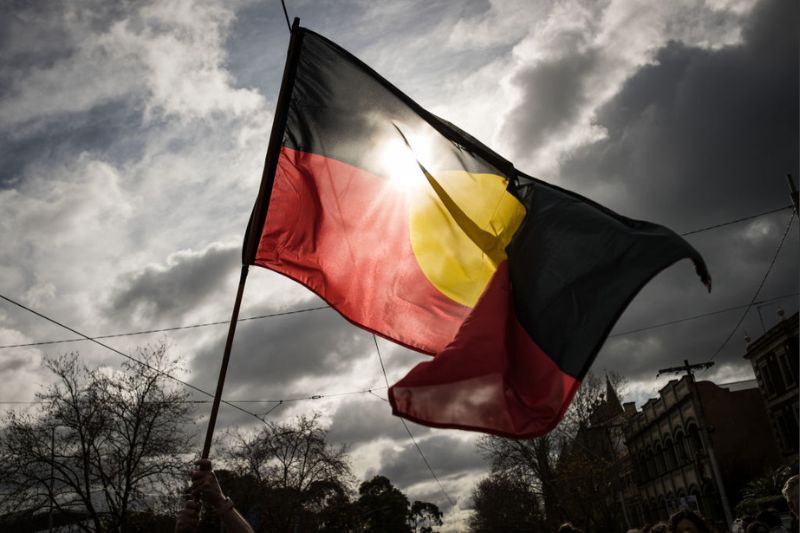
AUSTRALIA
- Barry Gittins
- 28 September 2023
3 Comments
The voices of Australia's First Nations communities are asking to be heard. With the upcoming referendum, the nation faces a decision both about equity and identity. How might genuine hope and understanding impact Australia's path forward and address longstanding disparities?
READ MORE
-
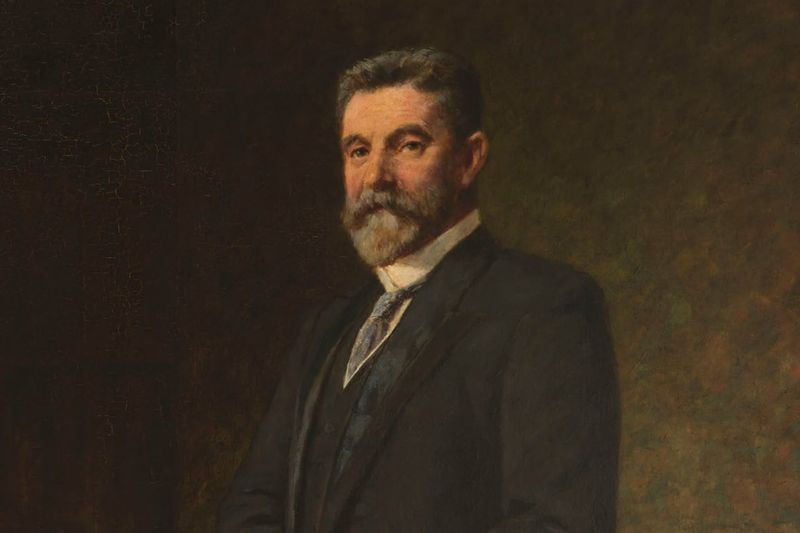
AUSTRALIA
- Andrew Hamilton
- 14 September 2023
4 Comments
As the legacy of historical figures is reevaluated, Alfred Deakin, Australia's second Prime Minister, finds himself under recent scrutiny. A champion of Federation, Deakin also held views towards Indigenous Australians now regarded as abhorrent. But is erasing his name from a university the right step?
READ MORE
-
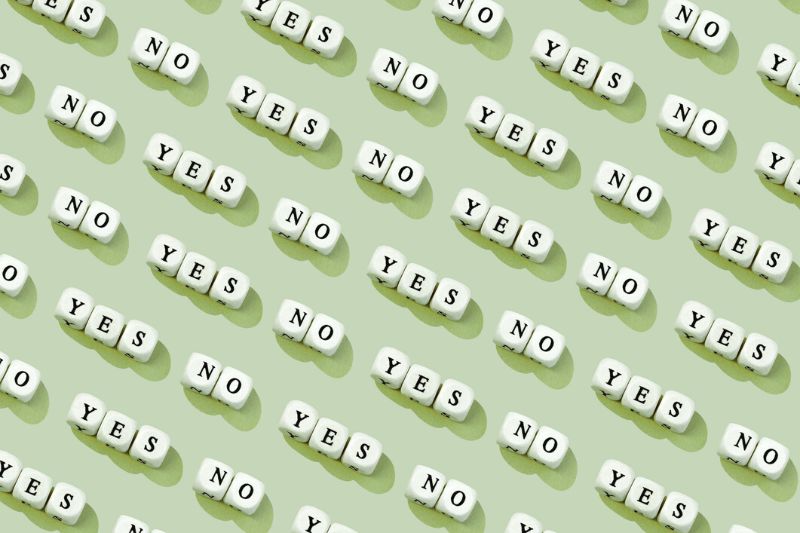
RELIGION
- John Warhurst
- 14 September 2023
46 Comments
As the Voice Referendum campaign intensifies, many Catholic groups rally behind the Voice. But Australia's church leaders remain above the fray, maintaining neutral positions. As the lines between faith, politics, and indigenous rights blur, should the bishops be more prescriptive on how to vote?
READ MORE
-
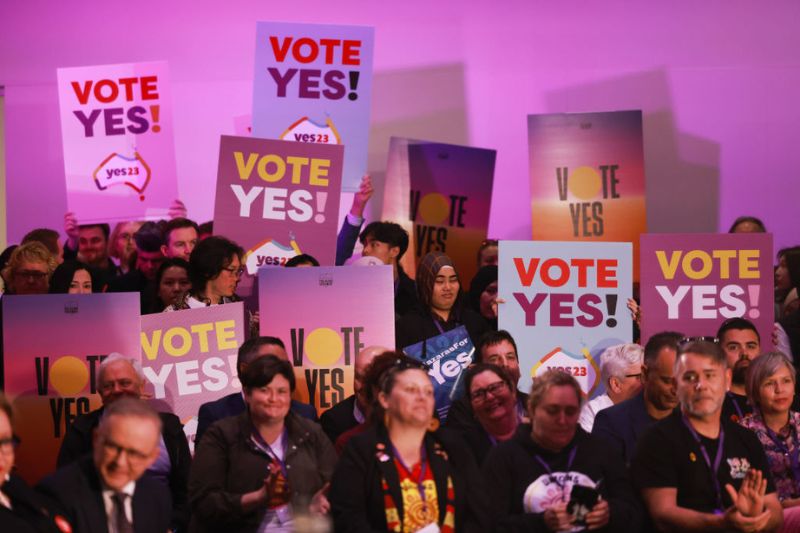
AUSTRALIA
- Frank Brennan
- 01 September 2023
14 Comments
As Australia approaches a pivotal referendum, voters face a critical choice: endorse a new chapter in the Constitution providing a 'First Nations Voice' or leave it untouched. Whichever way the vote goes, we will be left with a Constitution not fit for purpose in the 21st century.
READ MORE
-
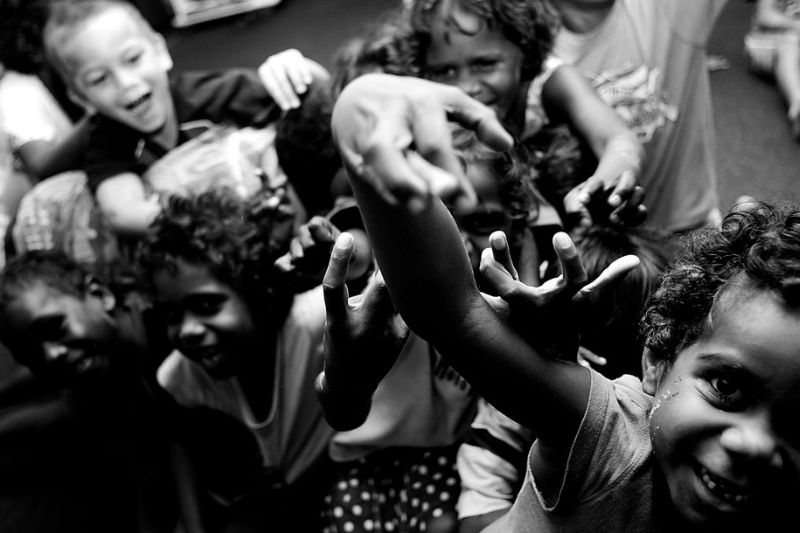
AUSTRALIA
- Brian McCoy
- 30 August 2023
16 Comments
The Kimberley region stands as a testament to both the enduring spirit of Australia's Aboriginal communities and the shadows of colonisation. As the Referendum looms, the potential for a united Voice beckons, inviting Australia towards a harmonious future.
READ MORE
-
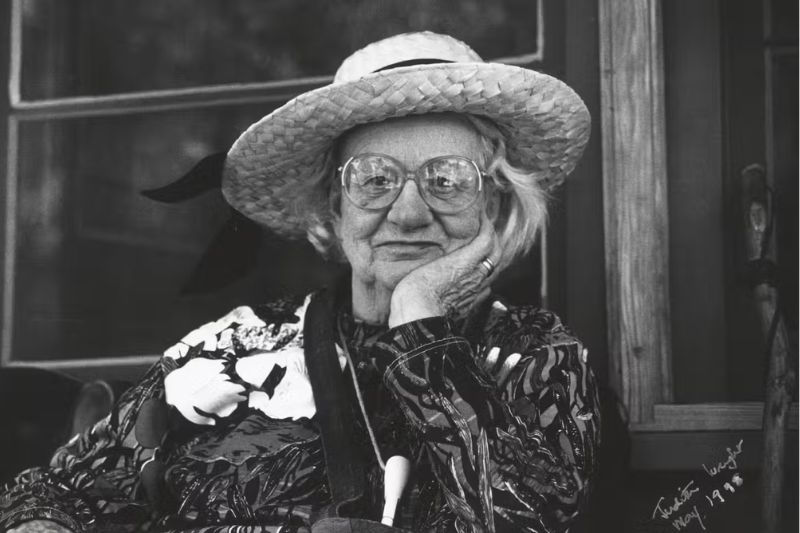
AUSTRALIA
- John Honner
- 24 August 2023
13 Comments
You might think that, if anyone could pull off the establishment of a treaty, a great poet and a great policy maker, working in harmony, would surely have the best chance. But this was not the case: when Judith Wright and H.C. Coombes advocated for a treaty throughout their lifetimes, they were unsuccessful.
READ MORE
-
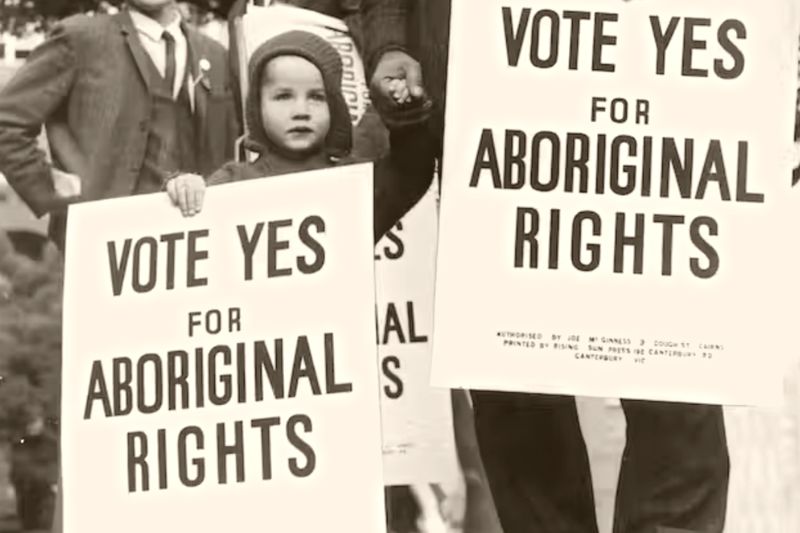
AUSTRALIA
- Frank Brennan
- 05 June 2023
19 Comments
The wording of the proposed change to the Australian Constitution to enshrine a First Nations Voice might not be perfect. But whatever the imperfections and the risk of future complications, it is high time that Australia’s First Peoples were recognised in the Constitution in a manner sought and approved by a broad cross-section of Indigenous leaders.
READ MORE
-

AUSTRALIA
- Celeste Liddle
- 10 May 2023
17 Comments
Later this year, Australians will vote on a referendum to enshrine an Indigenous Voice to Parliament, but many Indigenous Australians remain undecided, reflecting the complexities of the issue. The debate over the Voice to Parliament extends beyond the referendum question to encompass broader concerns about the constitution, treaties, and achieving true equality.
READ MORE
-
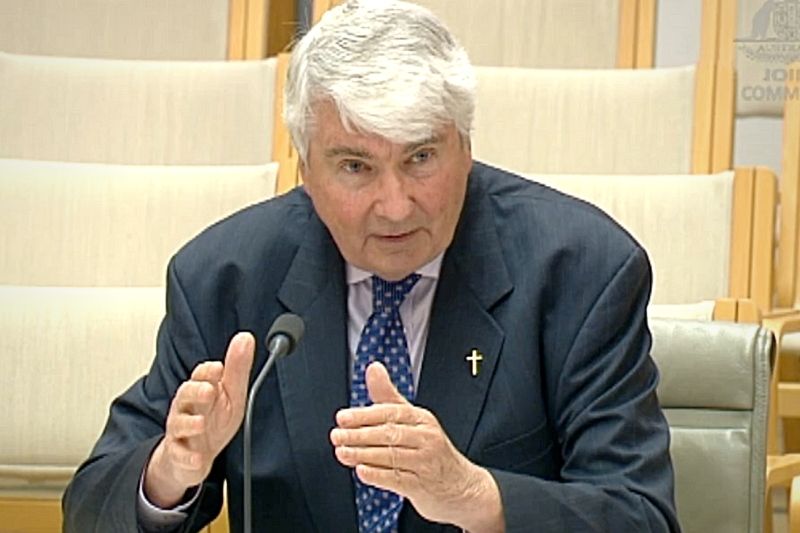
AUSTRALIA
- John Warhurst
- 04 May 2023
20 Comments
Frank Brennan's book An Indigenous Voice to Parliament: Considering a constitutional bridge is an urgent contribution to this important national debate around the shaping of the Voice and the referendum question. It is a book concerned with what’s likely to be successful rather than a manual on how to vote.
READ MORE
-
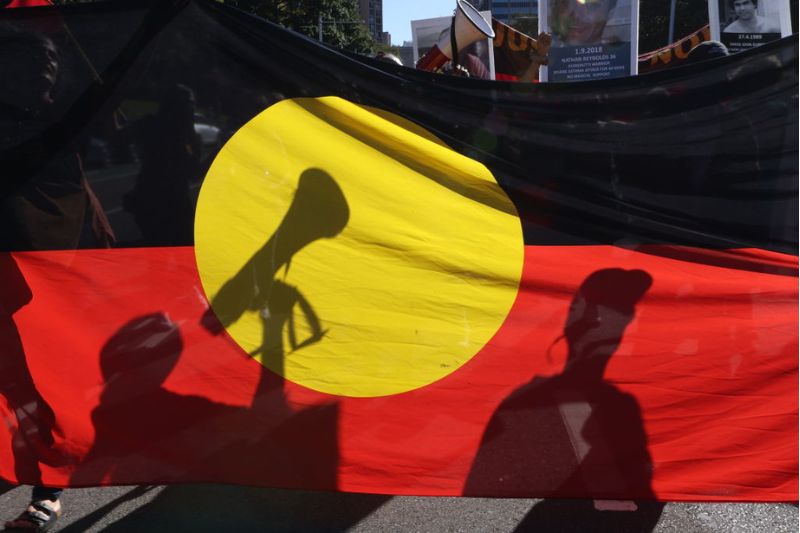
AUSTRALIA
- Andrew Hamilton
- 24 January 2023
18 Comments
Australia Day has long been a source of controversy for Indigenous Australians. This year, the Referendum on Indigenous Voice to Parliament promises to be a major battleground in the ongoing debate over Australian identity, and will serve as a reminder of the deep-seated history of dispossession, discrimination and the long road to reconciliation.
READ MORE